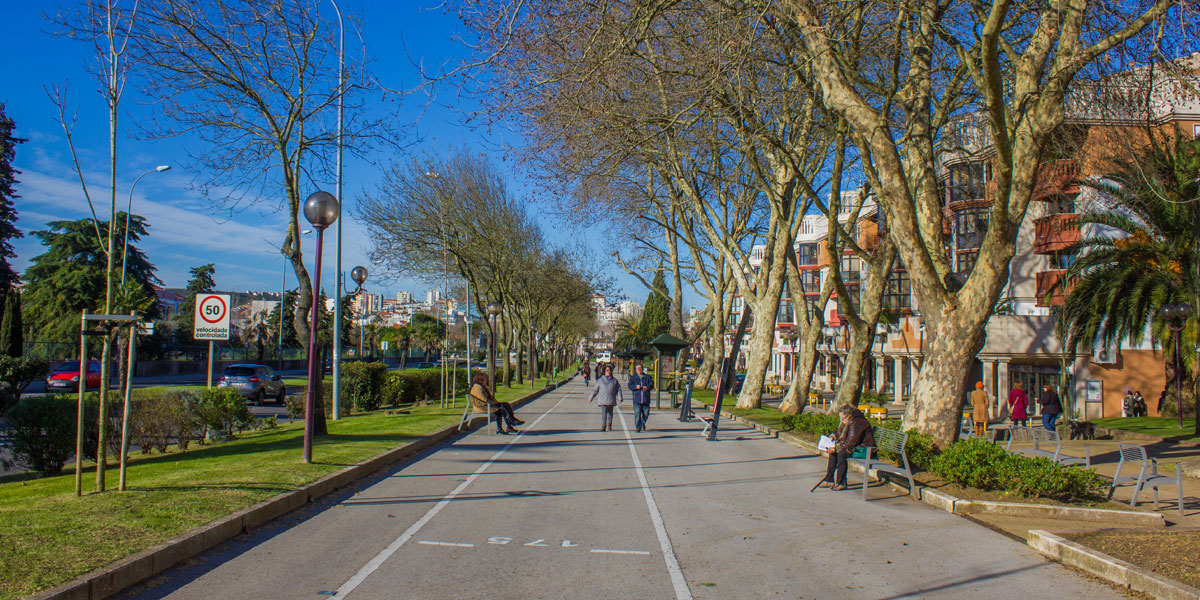The municipality of Amadora
In the 1970’s, Amadora saw high levels of immigration- both from rural Portugal and immigrants and returnees from former colonies in Africa. Alongside this immigration, Amadora saw a growth in poor quality housing and high levels of economic and social deprivation. Amadora and its inhabitants became associated with precarious housing cores and living conditions, poverty and crime. A negative image of the area and its residents has built over time, partly because of negative media coverage.
Although being a relatively new municipality (created in 1979), Amadora has transformed through large-scale urban regeneration, including major schemes of housing renewal and infrastructure and transport investments. This has been combined with investment in social regeneration and policy initiatives, particularly in the field of education, family policy and inclusion of immigrants. It was within this context of a diverse, dynamic and multicultural city that the good practice, ‘Do Not Feed the Rumour’ was developed and implemented. It was found that there were negative and unfounded rumours about migrants and immigration circulating and being perpetuated by the media. The deconstruction of the negative stereotypes about immigrants and about the city of Amadora was fundamental to change the image of the city and its inhabitants.
Amadora is also an active member of various European networks and is a member of the Council of Europe’s Intercultural Cities network. Prior to Rumourless Cities, it was Lead Partner in the URBACT Action Planning Network, Arrival Cities.






